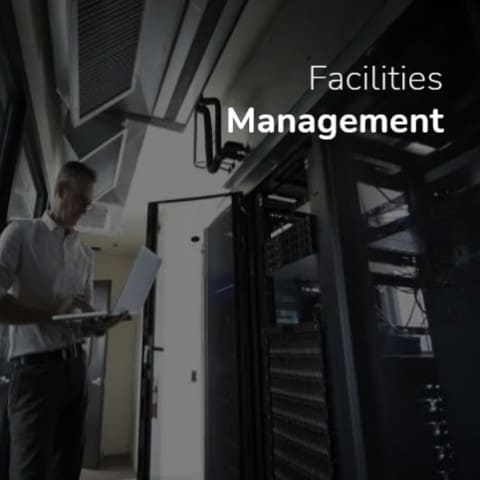Here at Capital, we provide IT asset management services nationwide in the UK and across Europe. We provide hundreds of companies with full, in-depth inventories, helping them keep track of their assets and in a great deal of cases, discovering assets they weren’t even aware were in their possession.
But did you know, we can also help with asset depreciation?
What Is Asset Depreciation?
The very concept of assets and depreciation are incredibly important for your small business. It has a direct impact on the tangible assets within your company, as well as how you account for them and more importantly, how much tax you pay.
So what exactly does depreciation mean to you?
In short, depreciation means that you essentially, write off the value of the asset over its expected lifetime. Note, we’re discussing it’s ‘useful’ lifetime here. The value of any asset will depreciate over time and that means you can write off a certain amount as an expense each and every year.
Interested in Asset Depreciation?
While you may have paid all of that expense up front, it doesn’t mean that you can deduct all of that expense in one tax year. Thankfully however, you can slowly deduct that expense over time.
To put it simply, and for accounting purposes, it’s best to say that depreciation doesn’t actually represent a physical cash transaction but instead, it represents that assets value and the value that has been ‘used up’ that year, and the following year etc. It’s that value that has been used up that you can deduct as an expense.
When discussing the total depreciation of an asset over time, you would refer to this as ‘accumulated depreciation’. Each year however, you’ll want to know the ‘book value’ of the asset and it’s this that’s put onto your balance sheets.
The Benefits Of Asset Depreciation
There are several benefits to Asset Depreciation:
- Allows businesses to more accurately state your incurred expense from using the asset and the revenue that asset allows you to bring in. A lack of depreciation can lead to misleading financial information.
- Report the correct net book value of any given asset as opposed to merely reporting the original purchase price.
- Recover the cost of an asset from when it was purchase as you get to cover the total cost over the lifespan of the asset instead of immediately recovering the purchase cost.
- Depreciation is also tax deductible with a greater depreciation expense, ultimately lowering your taxable income and increasing your overall savings.
Capital Can Help With Your Asset Depreciation
If the thought of calculating asset depreciation leaves you feeling daunted or you simply don’t have the time, do not hesitate to contact us at Capital today on 0800 013 2182 today.





